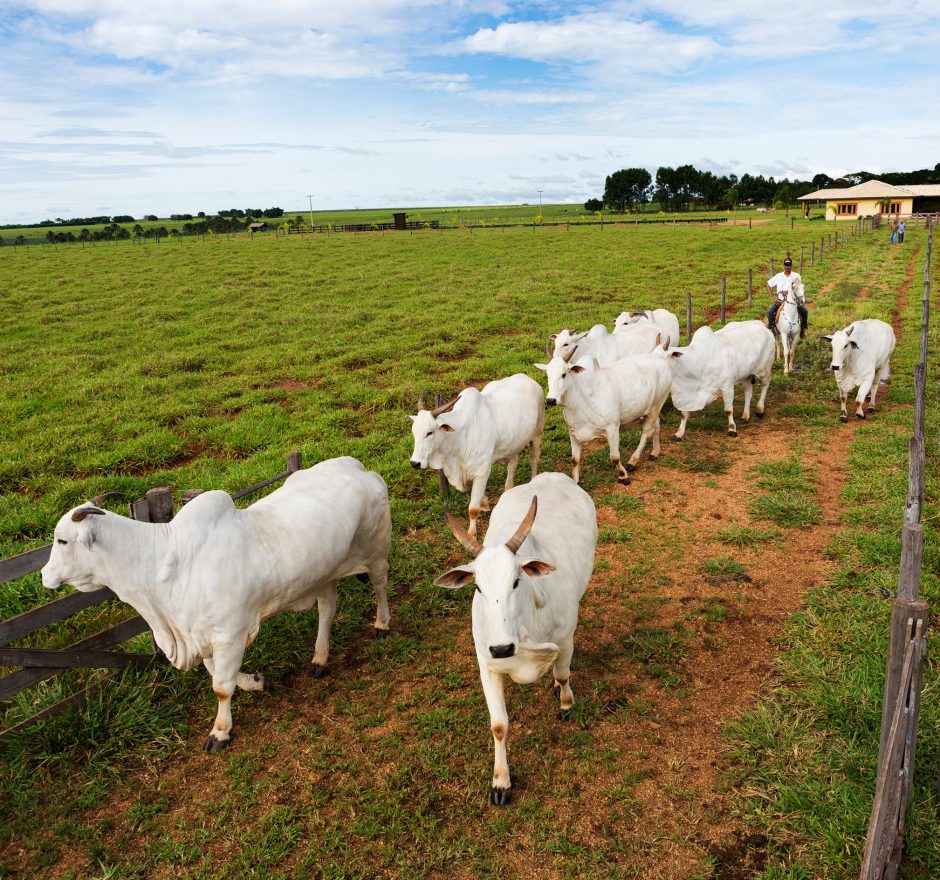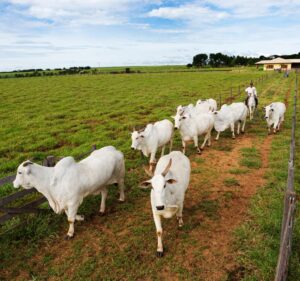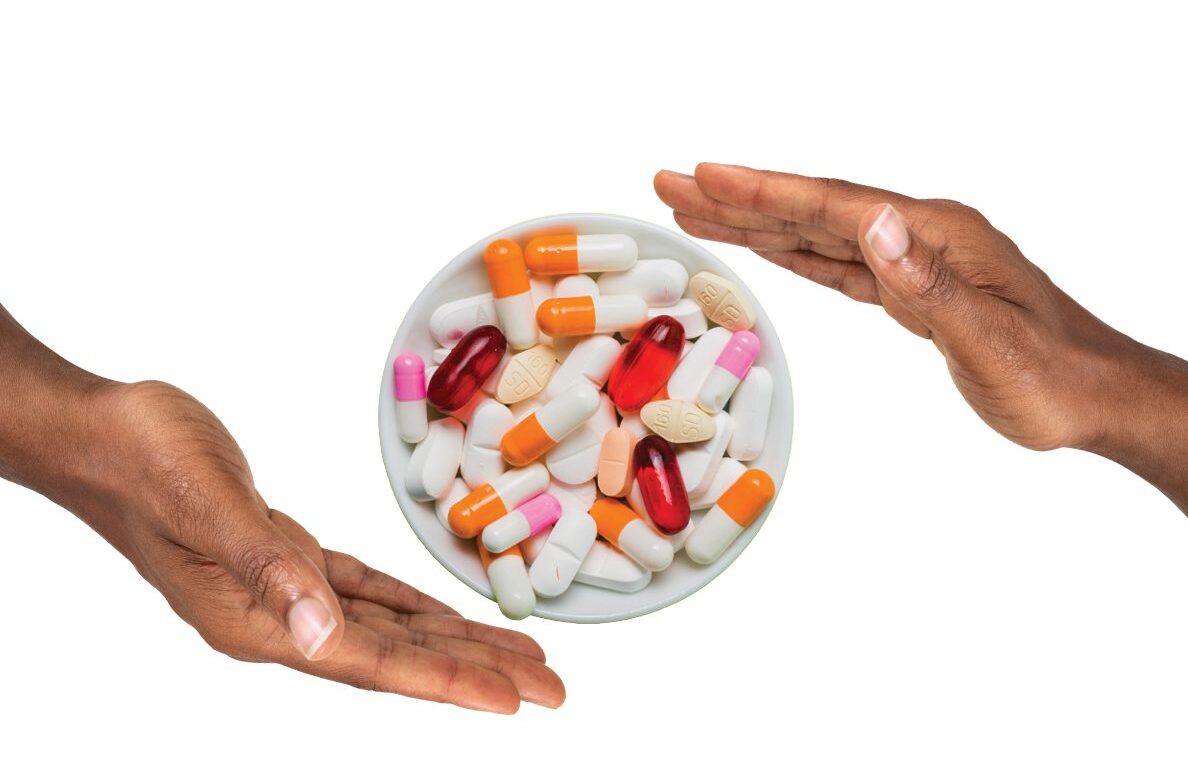
Celebrating the progress of the animal health sector in containing antimicrobial resistance
- Health and WellbeingHealth Security
- No Comment
- 190

Paris, France, 20 November 2024 – Today, the World Organisation for Animal Health (WOAH) launched a new report, “Towards a Healthier Future for All: Progress in Animal Health to contain Antimicrobial Resistance” developed with contributions from over 20 Members and key partners.
The report explores how the animal health sector has approached the AMR challenge over the last few years, highlighting significant successes and progress made worldwide, while also emphasising the need for continued action, investment, and collaboration.
Antimicrobials paved the way for better living conditions for both humans and animals. Before Alexander Fleming’s discovery of penicillin in 1928, infections due to minor cuts could lead to bloodstream infections or death. Yet, today, these life-saving drugs are losing their efficacy due to their misuse and overuse across sectors. The phenomenon is known as antimicrobial resistance or AMR, which can originate in animal, human or plant populations, and pose a threat to all species.
For decades, WOAH has worked with its Members, One Health partners, veterinarians, academia, industry, and other relevant stakeholders to raise awareness of and address this global health threat. It has been 25 years since the World Assembly of WOAH Delegates adopted a resolution calling for the development of the first guidelines on AMR in the animal health sector. Since then, several important milestones have been achieved, demonstrating that targeted strategies—notably WOAH’s AMR Strategy—can yield substantial benefits despite the challenges presented by this complex issue.
Towards more responsible antimicrobial use in animals
The report presents inspiring examples that highlight the efforts of the veterinary community worldwide. For instance, Thailand’s remarkable achievement in reducing antimicrobial consumption by 49.0% from 2017 to 2019, and 39.3% from 2017 to 2021 is a testament to the power of concerted national efforts. Such measures surpassed the initial target and highlighted the benefits of rigorous monitoring and policy enforcement.
The European Union (EU) has also taken significant strides. The EU committed to reduce its overall sales of antimicrobials for farmed animals and aquaculture by 50% before 2030, and by 2022, half of that ambitious goal had already been achieved. These proactive steps show that policy-driven changes can have a tangible impact on reducing the use of antimicrobials and slowing the development of resistance.
Norway’s aquaculture industry offers another compelling example. Through widespread vaccination practices, Norway managed to reduce its antimicrobial use in salmon and rainbow trout from 50 tons in 1987 to 300 kg today, while production rose by 3300% during the same period. This highlights how innovation and preventive care can safeguard animal health while reducing reliance on antimicrobials.
Data-driven action for global progress in antimicrobial stewardship
Progress relies not only on policy and strategies but also on robust data collection and analysis. WOAH’s database on antimicrobial use in animals (ANIMUSE) has been pivotal in creating an unprecedented level of understanding about antimicrobial use across the globe. Over the past decade, the number of countries with antimicrobial use and/or resistance surveillance systems has tripled, with 80% of WOAH Members reporting data annually.
This surveillance infrastructure provides the evidence needed for targeted actions and more effective national policies. Data collected and analyzed through ANIMUSE between 2016 and 2024 shows positive progress towards responsible antimicrobial use in animals, including reduction in the use of critically important antimicrobials for humans and efforts to eliminate inappropriate practices like the use of growth promoters.
The path forward: A call for continued efforts
While significant progress has been documented, recent data on the future socio-economic impacts of AMR showcase that collective efforts must be redoubled. As WOAH Director General Emmanuelle Soubeyran reminds us, “despite the progress made, the threat of AMR persists, requiring further efforts in the coming years.”
2024 has been a significant year, with both the UNGA High-level Meeting on AMR and the fourth Global High-Level Ministerial Conference on AMR laying the foundation for action through their political declarations. Continued vigilance, investment, and cross-sectoral cooperation are essential to ensuring that the gains made are not only maintained but expanded in our journey towards a world where antimicrobials remain effective.
https://www.woah.org/en/celebrating-the-progress-of-the-animal-health-sector-in-containing-antimicrobial-resistance/




